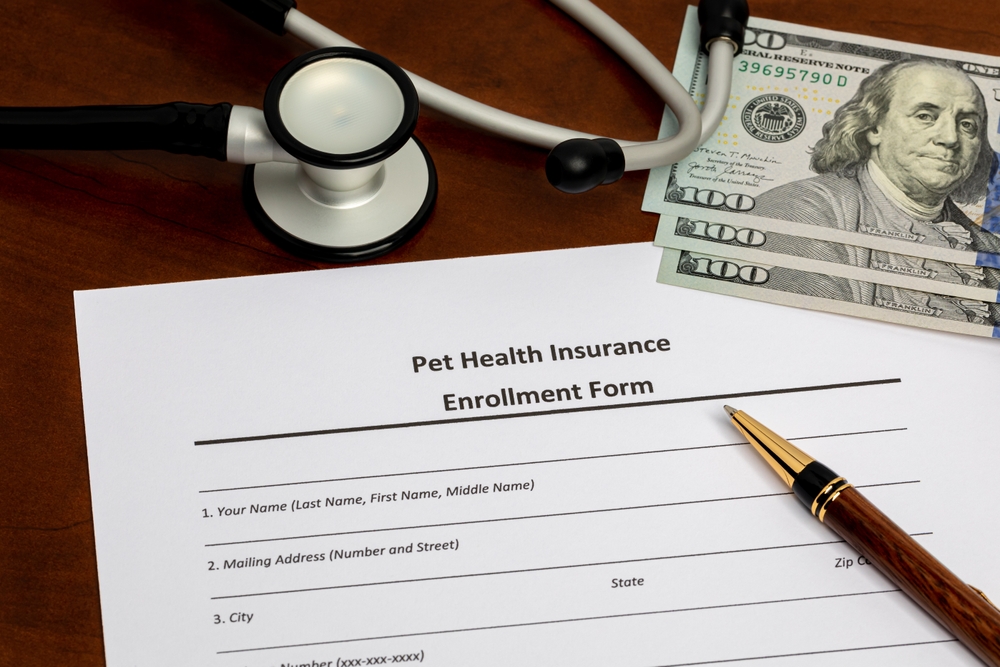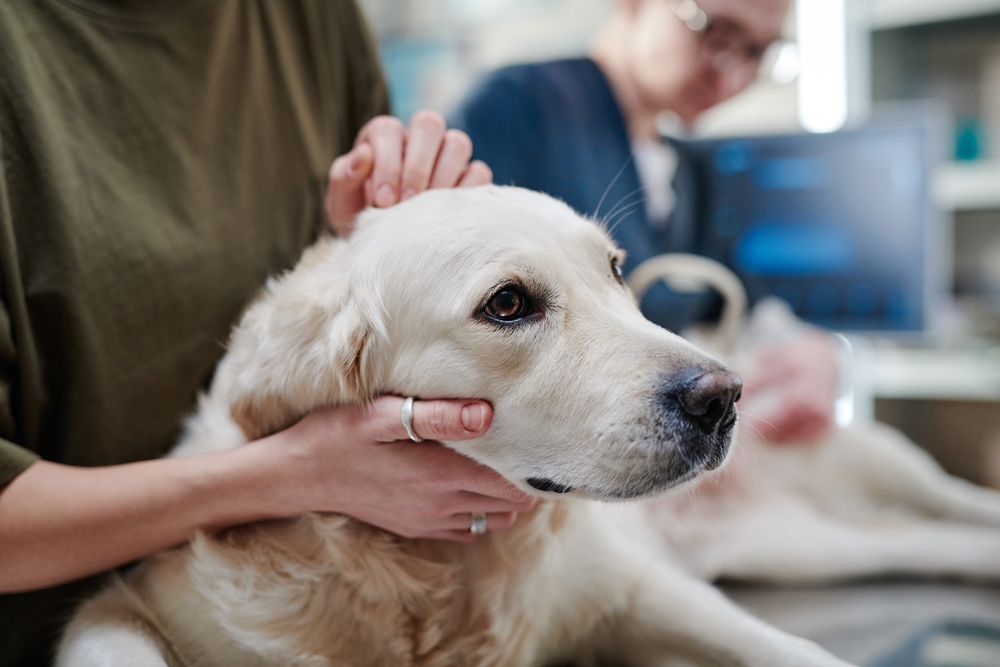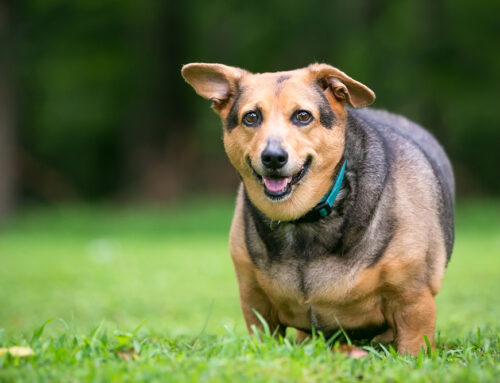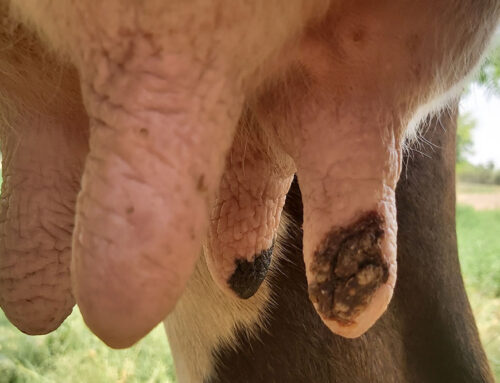Have you ever noticed an unusual lump on your pet or a sudden change in their behaviour and wondered, “Is this something serious?” While we all hope for our pets to stay healthy and happy, recognising the early signs of cancer could save their lives. Cancer isn’t just a human concern; it’s one of the leading causes of illness in cats and dogs.
At The Vale Veterinary Group, we specialise in early detection and comprehensive treatment. Unlike many clinics in the area, we manage emergencies in-house, ensuring your pet is always in familiar hands. Read on to learn about the symptoms of cancer, why early intervention matters, and how to keep your pet protected.
What is Cancer in Pets?
Cancer develops when cells grow uncontrollably, forming masses or affecting the normal functioning of organs. While some tumours are benign, others can spread rapidly, endangering your pet’s life. Common cancers in pets include:
- Lymphoma: Affects lymphatic tissues and can cause swollen lymph nodes.
- Mast Cell Tumours: Often found in the skin.
- Osteosarcoma: A type of bone cancer, particularly in larger dogs.
- Carcinomas: Affect organs like the liver or mammary glands.
What Causes Cancer in Pets?
While some factors are beyond control, such as genetic predispositions or age, others, like exposure to environmental toxins, can play a role. It’s crucial to provide a healthy lifestyle and routine veterinary care to mitigate risks.
Symptoms of Cancer: What Pet Owners Should Look For
Detecting cancer early can make a significant difference in your pet’s prognosis. Keep an eye out for the following signs:
Physical Symptoms
- Lumps or Bumps: Not all lumps are cancerous, but any new growths should be examined.
- Unhealed Wounds: Persistent sores that don’t heal could indicate underlying issues.
- Sudden Weight Loss: Losing weight without dietary changes warrants attention.
- Changes in the Coat: Dullness or thinning of fur may signal internal illness.
Behavioural Changes
- Lethargy: Reduced activity or reluctance to play could indicate discomfort.
- Loss of Appetite: Especially when accompanied by weight loss.
- Difficulty Breathing or Coughing: Can point to chest tumours.
Other Warning Signs
- Bleeding: From the nose, mouth, or rectum.
- Unusual Smells: Persistent odours from the mouth or body.
- Pain or Lameness: May indicate bone cancers like osteosarcoma.
If you notice any of these changes, schedule a check-up with your veterinarian promptly.
Why Early Detection Matters
The Role of Routine Veterinary Check-Ups
Regular veterinary visits are key to catching cancer early. At The Vale Veterinary Group, we perform thorough exams, and our state-of-the-art diagnostics include bloodwork, X-rays, and ultrasounds.
Our In-House Emergency Services
Unlike other clinics that outsource emergencies, we handle everything under one roof. Whether it’s a sudden tumour-related complication or urgent diagnostics, your pet is always cared for by our trusted team.
Treatment Options for Pet Cancer
Treatment depends on the type and stage of cancer. Here’s what we offer:
- Surgery: For removing tumours where feasible.
- Chemotherapy: To target rapidly growing cancer cells.
- Radiation Therapy: Effective for certain tumour types.
- Palliative Care: Ensuring your pet’s comfort in advanced cases.
At The Vale Veterinary Group, we create personalised treatment plans to suit your pet’s needs and your family’s circumstances.
How to Reduce the Risk of Cancer in Pets
Prevention isn’t always possible, but these steps can help:
Practical Tips
- Balanced Diet: Feed high-quality, nutritionally complete meals.
- Weight Management: Obesity increases cancer risk.
- Minimise Toxin Exposure: Avoid areas treated with pesticides or chemicals.
- Monitor Changes: Regularly check your pet’s body for lumps or irregularities.
- Routine Vet Visits: Schedule bi-annual wellness exams to catch issues early.
Why Pet Insurance Matters

In the UK, where human healthcare is government-funded, the cost of veterinary care can be surprising. Pet insurance helps cover diagnostics, treatments, and emergencies, ensuring your pet gets timely care without financial stress. Currently, 40% of our clients have insurance, and we encourage all pet owners to explore this option.
Cancer in pets can feel daunting, but with early detection, advanced treatment, and ongoing care, many pets go on to live happy, healthy lives. If you notice anything unusual or simply want to be proactive, contact The Vale Veterinary Group. Our team is here to provide compassionate, expert care.
Take the first step in protecting your pet—schedule a visit with The Vale Veterinary Group today!







Leave A Comment